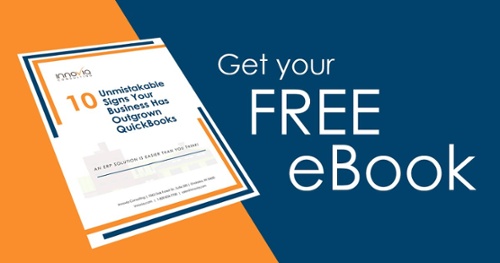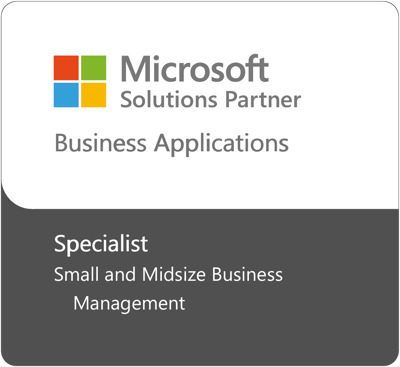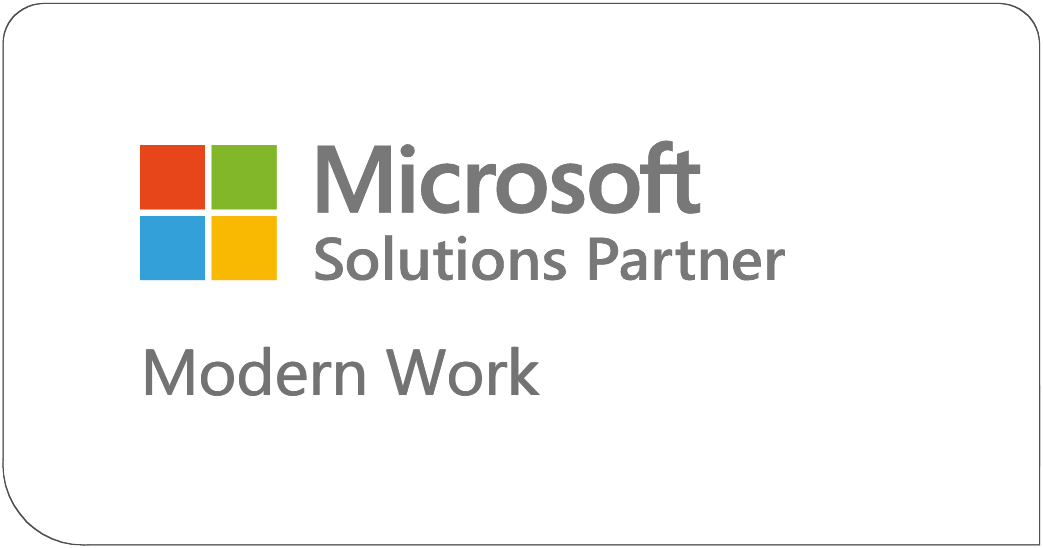Many small business owners are asking themselves this question. Most of these business owners have a solution like QuickBooks or just use Excel spreadsheets. For a long time, these tools worked just fine. But as your business grows, limitations begin to crop up. Sometimes these limitations are minor, such as having to use spreadsheets to get the reports you need. Other times, the limitations are more significant in terms of functionality, like manufacturing capabilities. The real issue is often a lack of information to make decisions or determine how your business is performing.
QuickBooks and spreadsheets serve a purpose. They are quick and relatively easy to implement, which is great. They also provide a basic tool for organizing sales, inventory, purchases, and general ledger. These provide the tools to keep track of general activity, produce financial statements, and keep track of cash.
However, as our business grows, so do the demands from our customers and vendors. In addition, the transaction volumes increase to a point where important key performance indicators (KPIs) that we had a “good gut feel for” start to outstrip our ability to keep track of them on a day-to-day basis. This is when the strain of making proper decisions begins to prompt business owners to ask the crucial question. “Do I need an ERP system?”
If your current systems are not providing you with the information you need to make decisions, this is a good indicator that a more advanced tool is required. ERP systems, such as Microsoft Dynamics 365 Business Central, allow you to establish the parameters for your unique KPIs and give you a dashboard to monitor important details immediately. Details such as sales orders today or this week, inventory levels, cash position, all the important factors that show you that your business is performing as expected.
Workarounds are also a good indication that it is time to consider a full ERP. For manufacturing and distribution firms that use QuickBooks, the need to bring in outside solutions to handle the more complex aspects of production and warehousing tends to drive a decision to implement an ERP system.

If you have that nagging feeling that your current systems are not supporting your business and providing you a foundation for growth, reach out. Let’s talk about how Innovia Consulting and Microsoft Dynamics 365 Business Central can help you have confidence in your future.
Innovia Headquarters:
1062 Oak Forest Dr.
Suite 300
Onalaska, WI 54650
Phone: 800.834.7700


Innovia is a multiple-award-winning Microsoft Dynamics NAV and Business Central consulting firm known for delivering innovative Microsoft ERP systems while providing exceptional client-focused service.